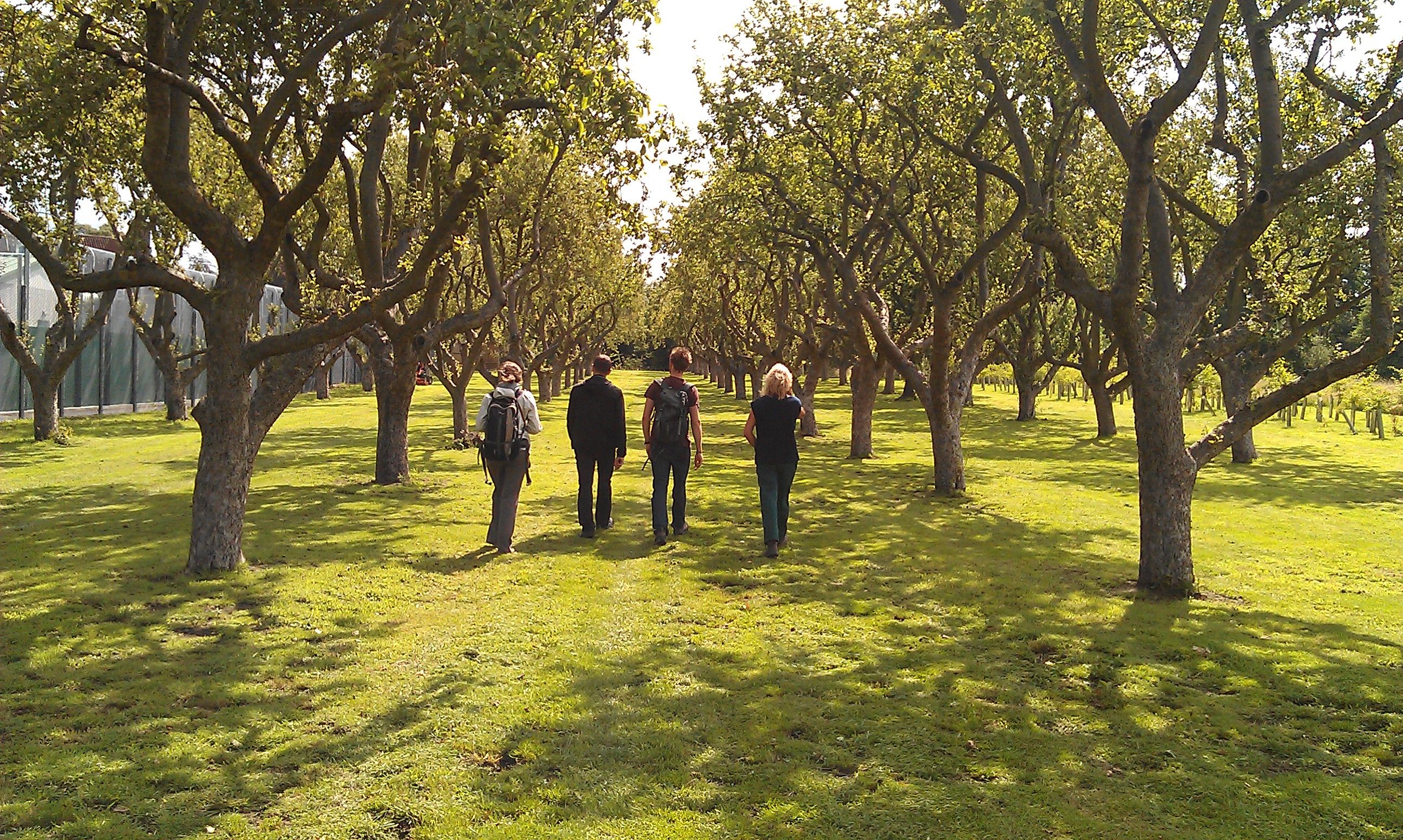
Sustainability Series: The idea of using nature for health and wellbeing is very current, but as the opportunity is grasped we need to keep thinking
As part of CSH's Sustainability Series, we welcome Dr. Dan Bloomfield from the University of Exeter and the A Dose of Nature porgramme, to share his views on why the time is right for the environmental and health sectors to work together.
In recent years there has been a great deal of effort in the UK to increase the explicit use of the natural environment to achieve gains in health and wellbeing. Sometimes these efforts come from local authorities, keen to vary the use of their green spaces. Sometimes they come from the health side of things - charities, Health and Wellbeing Boards and even Clinical Commissioning Groups - keen to reduce the burden of long time conditions, to prevent future health problems from arising, and to reduce the overwhelming budgets needed by the NHS and the care system in the next few decades. Sometimes they come from the environmental sector - Local Nature Partnerships, wildlife trusts and others - keen to ensure that the value of the parts of nature that they are responsible for is fully appreciated.
Everywhere, new partnerships are forming to make this happen, learning each other’s language and getting to grips with the jargon and neologisms involved; natural capital, social prescribing, accountable care systems. The impetus and pace of change suggests an ineluctable process, the basic assumption behind which is that the health and natural environment sectors can, reciprocally, help meet each other’s priorities. A more active population, getting out and about more, appreciating nature and joining in its conservation, results in the value of that nature being raised, and biodiversity being conserved. At the same time, this engagement with nature helps people’s underlying sense of wellbeing, helping to combat depression as well as heart disease. Costs of GP appointments and hospital stays are reduced. It’s a win-win.
As we head down this route there are (at least) three points worth emphasising. First, it really does need to be a win-win. Health is an inordinately bigger partner, with a budget that dwarves that of environmental management and the political emphasis to match. Efforts to see environmental growth - the turning of the tide of habitat and species loss - are not being made by governments with anything like a comparable degree of commitment. But nature cannot help deliver health and wellbeing gains unless it in turn is meaningfully supported.
Second, to help make sure this happen it’s worth going back to basics and giving some thought to the notions of ‘nature’ that lie behind this work, and that are often left unexplored or simply assumed. Is nature always pretty, pleasant, bucolic, managed and free? Or is it sometimes harsh, taxing, even shocking? The growing practice of nature-based interventions for mental health and wellbeing lacks a culturally and socially-informed perspective. Traditional assumptions about the mechanisms by which aspects of ‘nature’ engender positive affect, that in turn result in health and wellbeing gains, are simplistic and often poorly understood. They often rest on the benefits of a simple increase in exercise, or even of just ‘getting a breath of fresh air’. The complexity, detail and subtlety of what is actually going on when people go out in nature is being missed. ‘Engagement’ can mean growing, immersing, acting, conserving, learning, resisting, testing one’s self-reliance, and processing trauma. If we embrace and encourage the full spectrum of what engagement with nature actually means in practice, the ways in which we use our natural spaces can be enriched, and can be more valued and appreciated
The third point worth noting is about evidence. Nature-based interventions specifically - and all forms of social prescribing generally - are not backed up with the kind of evidence demonstrating efficacy that, say, anti-depressants enjoy. There are good structural and historic reasons for this, of course; the research has not been done (at least not to the same degree), enormous private interests have not been brought into play to promote the interests of, say, social capital or engagement with nature. But actually both these things can change. Health insurers and re-insurers have a stake in this, for example. Research can be funded, and evidence accumulated and tested. Currently across health and environment sectors the will is there, and the timing seems exactly right.
Dr. Dan Bloomfield is the NERC Knowledge exchange fellow for Environment and Health at the University of Exeter, working on green prescription with the medical and biosciences faculties. He also leads the A Dose of Nature programme which brings together academic research on how nature can be used for health benefits, with organisations who can use the results- such as charities and businesses.

